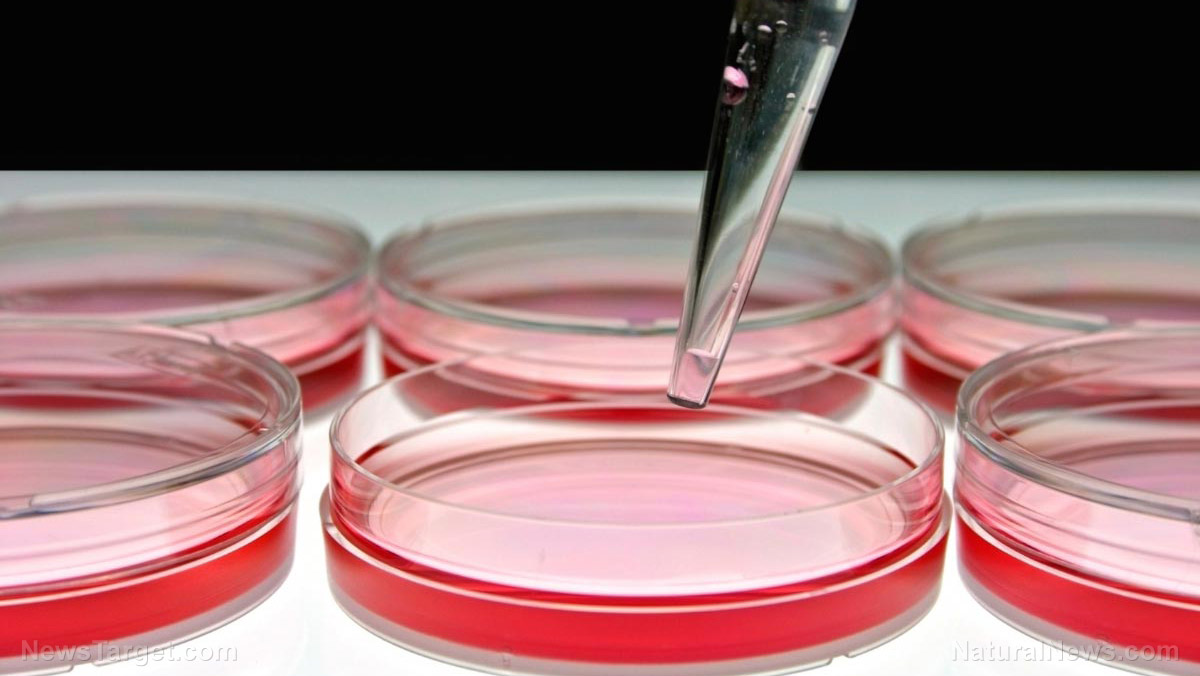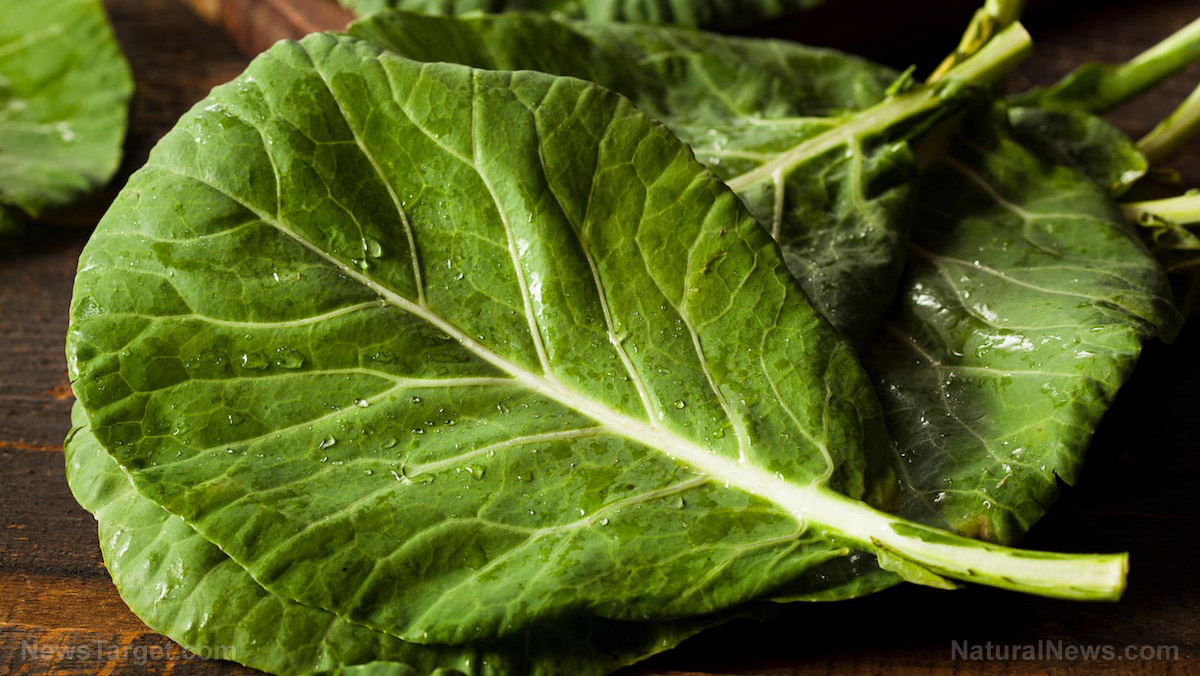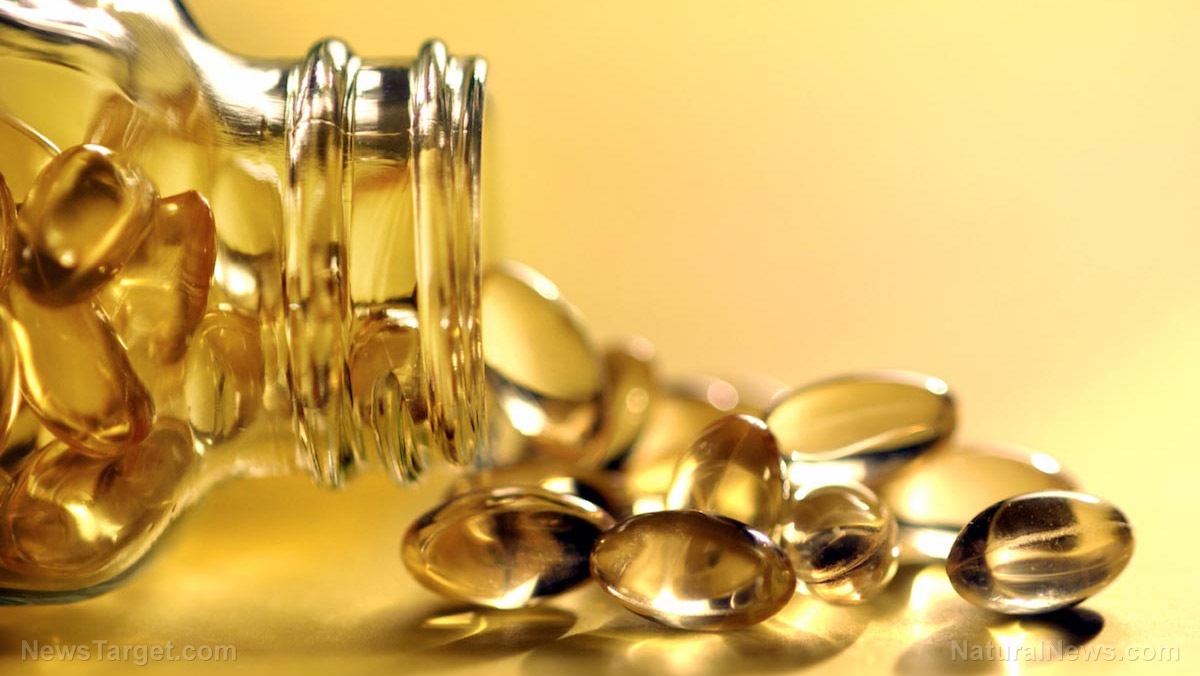Researchers say this common African tree holds the key to a natural cure for malaria
09/04/2018 / By Ralph Flores

The waterberry tree (Syzygium guineense), a common medicinal plant found in many parts of Africa, holds the potential to be a natural treatment for malaria, according to researchers from the University of Gondar in Ethiopia. In their study, published in BMC Complementary and Alternative Medicine, the team looked at whether leaf extracts from the waterberry tree possessed anti-malarial activity using a mouse model that mimics the human response to the disease.
Malaria refers to a serious disease caused by the Plasmodium parasite, which is transmitted to humans by infected Anopheles mosquitoes. While the condition is uncommon in the U.S., it is a major cause of death worldwide, particularly, in developing countries with warm climates. Four types of malaria parasites are known to affect humans: P. falciparum, P. vivax, P. ovale, and P. malariae. Of the four, P. falciparum can result in severe infections – even death – if it is not treated promptly. Common symptoms of malaria include chills, flu-like conditions, vomiting, fevers, diarrhea, and jaundice.
In the study, mice were inoculated with the malaria parasite P. berghei in their abdominal cavity. They were then randomly assigned to either of the following groups: negative control (which was provided with distilled water), positive control (which was given chloroquine, an anti-malarial drug), and leaf extracts (provided with 200, 400, and 600 milligrams per kilogram of body weight, respectively). Treatments were administered once a day. Researchers evaluated parameters such as parasitemia, survival time, and body weight using four-day suppressive, Rane’s, and repository tests to determine the anti-malarial activity of the leaf extracts.
The power of the elements: Discover Colloidal Silver Mouthwash with quality, natural ingredients like Sangre de Drago sap, black walnut hulls, menthol crystals and more. Zero artificial sweeteners, colors or alcohol. Learn more at the Health Ranger Store and help support this news site.
The leaves of the waterberry tree have been used in traditional African medicine to treat symptoms of malaria. The findings of the study validated this claim: In particular, researchers noted the antiplasmodial activity of its leaf extracts, based on its parasite suppression activity, in particular, with higher doses. It was also able to increase the mean survival time of the mice, which indicated the extract’s ability to reduce the overall pathogenic effects of the Plasmodium parasite in mice.
The loss of body weight, a traditional symptom of malaria, was also evaluated. Rats that were given the leaf extract did not show this symptom, but they were also noted to have increased their weight after treatment. Researchers posited that this could mean that the waterberry tree could also have appetite-enhancing agents. A physicochemical analysis revealed that the leaf extract contained alkaloids, terpenoids, anthraquinones, flavonoids, tannins, saponins, glycosides, triterpenes, and phenols – all of which are known to contain antioxidant, anti-inflammatory, and analgesic effects.
“The present work has confirmed the efficacy of S. guineense supporting its traditional use against malaria,” the researchers concluded. They are also positive that their studies could be used to develop safer and cost-effective treatments for the disease.
Natural cures for malaria
It’s not just the waterberry tree that contains anti-malaria activity. There are a lot of natural remedies that you can use to treat and prevent the deadly disease. Here are some recommendations.
- Ginger – Gingerol, the active ingredient in ginger, is known for its antibacterial properties. To make the most out of ginger, boil it to create a decoction that will support the immune system and help recovery after infection.
- Grapefruit – The active ingredients in grapefruit function like the anti-malaria drug quinine and help rid the body of parasites that can cause the condition.
- Holy basil – Its active ingredient, eugenol, is widely known to treat bacterial infections.
Read more herbal treatments for malaria by following Herbs.news today.
Sources include:
Tagged Under: alternative medicine, herbal medicine, Herbs, Malaria, mosquitoes, natural cures, natural medicine, remedies, research, Syzygium guineense, waterberry




















